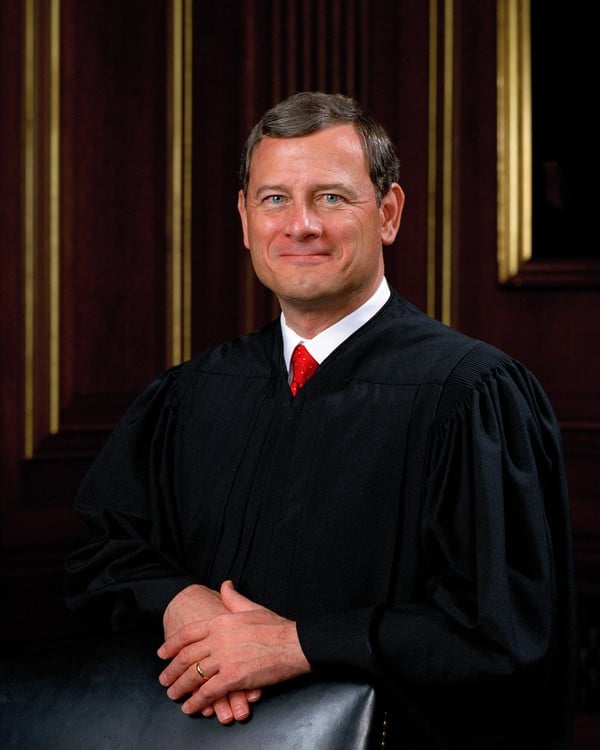
In both a major victory for voting rights and a “dire sign” of what's to come if Amy Coney Barrett is confirmed, a deadlocked U.S. Supreme Court late Monday let stand a Pennsylvania court ruling permitting the battleground state's election officials to count mail-in ballots that arrive up to three days after November 3.
Chief Justice John Roberts joined (pdf) the high court's three remaining liberals in voting to reject Pennsylvania Republicans' request to block a recent state Supreme Court ruling extending the ballot deadline to 5:00 pm on November 6. The state court said ballots received by the deadline must be counted unless “a preponderance of the evidence” shows they were mailed after Election Day.
“This is one of the most significant rulings of the 2020 election cycle,” The Guardian‘s voting rights reporter Sam Levine said of the high court's ruling Monday.
Four of the Supreme Court's conservative justices voted to grant the GOP request for a stay, resulting in a 4-4 deadlock that allows the earlier ruling to stand. While applauding the ruling as a crucial victory just two weeks out from the November election, voting rights advocates also warned that Barrett's confirmation to the high court—which Senate Republicans are rushing to accomplish before Election Day—would likely swing such election-related cases toward Republicans.
“This decision could have easily gone the other way if Amy Coney Barrett was on the court,” noted Mother Jones journalist Ari Berman.
The Supreme Court's decision represents the latest blow to Republicans' aggressive nationwide effort to restrict mail-in voting through the courts, where they have had mixed success as Democrats and allied advocacy groups marshal their own resources to defend expansions of ballot access amid the coronavirus pandemic.
“Democrats are fighting back with a barrage of litigation to combat policies that could inhibit a fair and complete count, with some success,” Politico reported earlier this month. “In recent weeks, several courts have ruled in favor of liberal groups seeking expanded access to the polls during the pandemic. Meanwhile, a handful of swing states including North Carolina, Pennsylvania and Wisconsin have extended their mail-in ballot deadlines to days after the election.”
Given its potentially decisive role in the 2020 election, Pennsylvania—a state that Trump won by just over 44,000 votes in 2016—has been at the center of several recent high-stakes election disputes, including an ongoing fight over whether so-called “naked ballots” can be counted.
“While everyone is talking about the significance of extending the mail ballot deadline, it is the naked ballot ruling that is going to cause electoral chaos,” warned Lisa Deeley, chair of the Philadelphia City Commissioners.
As of Friday, according to Pennsylvania's top election official, Democratic voters in the state had requested more than 1.7 million absentee ballots and Republicans had requested more than 672,000. Early voting in the key state kicked off late last month.
Content licensed under (CC BY-SA 3.0)



